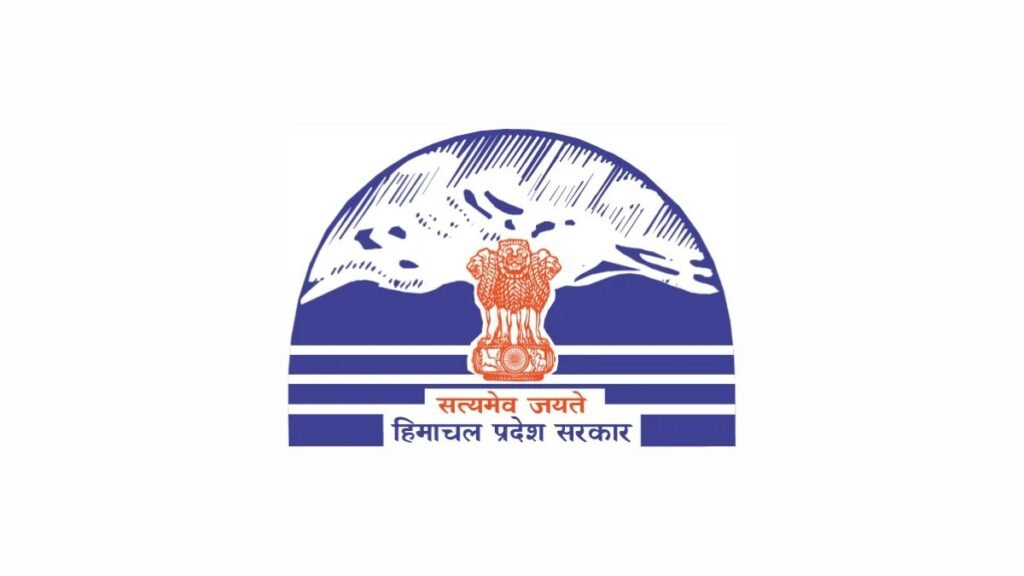HIMACHAL PRADESH (India CSR): In a significant move to curb the misuse of Corporate Social Responsibility (CSR) funds, the Himachal Pradesh government has introduced a new regulation requiring all CSR expenditure proposals to receive prior approval from the Chief Minister. This decision, driven by the state’s Finance Department, aims to promote transparency, prevent duplication of funding, and ensure that CSR initiatives align with the state’s developmental goals. With businesses increasingly contributing to social welfare, this step underscores the government’s commitment to maximizing the impact of CSR funds for the benefit of its citizens.
Why the New Regulation?
The Himachal Pradesh Finance Department, under the leadership of Principal Secretary (Finance) Devesh Kumar, issued a notification highlighting concerns about the misuse of CSR funds. Reports have surfaced of companies claiming CSR expenditures on programs already funded by the state government, leading to unnecessary duplication and wastage of resources. In some cases, funds were allocated to redundant or non-essential activities, undermining the purpose of CSR initiatives. To address these issues, the government has mandated that all CSR proposals must now be vetted by the Chief Minister’s office to ensure alignment with state priorities and prevent financial overlap.
This regulation comes at a time when CSR spending in India is under increasing scrutiny. According to the Ministry of Corporate Affairs, companies with a net worth of Rs 500 crore or more, turnover of Rs 1,000 crore or more, or net profit of Rs 5 crore or more are required to spend at least 2% of their average net profits on CSR activities under the Companies Act, 2013. In Himachal Pradesh, where CSR funds support critical areas like education, healthcare, and rural development, the state government is keen to ensure these resources are used effectively.

Impact on Corporate and Government Collaboration
The new directive is expected to streamline the collaboration between corporations and the state government. By requiring Chief Ministerial approval, the government aims to create a centralized oversight mechanism that ensures CSR initiatives complement existing state schemes. For example, programs in healthcare, education, and infrastructure development funded by CSR contributions will now be closely aligned with the state’s budgetary allocations to avoid redundancy.
This move also fosters greater accountability among corporations. Companies operating in Himachal Pradesh, including those in sectors like pharmaceuticals, tourism, and hydropower, will need to provide detailed proposals outlining the objectives, expected outcomes, and financial requirements of their CSR initiatives. This will not only enhance transparency but also encourage businesses to design programs that have a lasting impact on local communities.
Strengthening Transparency and Accountability
The Finance Department’s notification emphasizes the importance of avoiding wasteful expenditure. By mandating that all administrative secretaries submit CSR proposals with comprehensive details to the Chief Minister, the government is taking a proactive stance to eliminate frivolous spending. The directive also calls for strict compliance from all departments to ensure that CSR funds are utilized for meaningful projects that address pressing social and economic challenges in the state.
Himachal Pradesh, known for its progressive policies in sustainable development, is setting a precedent with this regulation. The state’s focus on optimizing CSR funds aligns with broader national goals of promoting responsible corporate governance. According to a 2024 report by the Confederation of Indian Industry (CII), effective CSR spending has the potential to bridge critical gaps in public infrastructure and services, particularly in rural and underserved areas.
What’s Next for CSR in Himachal Pradesh?
This new regulation is likely to reshape how CSR funds are planned and executed in Himachal Pradesh. Companies will need to adapt to the stricter approval process, which may involve more rigorous documentation and alignment with state priorities. For local communities, this could translate into more impactful CSR projects that directly address their needs, such as improved access to education, healthcare facilities, and environmental conservation efforts.
The government’s decision also opens the door for greater public-private partnerships. By fostering collaboration between corporations and the state, Himachal Pradesh can leverage CSR funds to accelerate its development goals, particularly in remote and hilly regions where resources are often scarce. As of 2025, with India’s CSR spending projected to exceed ₹25,000 crore annually, Himachal Pradesh’s proactive approach could serve as a model for other states.
(India CSR)
इसे हिंदी में भी पढ़ें: हिमाचल प्रदेश में सीएसआर फंड पर नई सख्ती: अब मुख्यमंत्री की मंजूरी जरूरी





